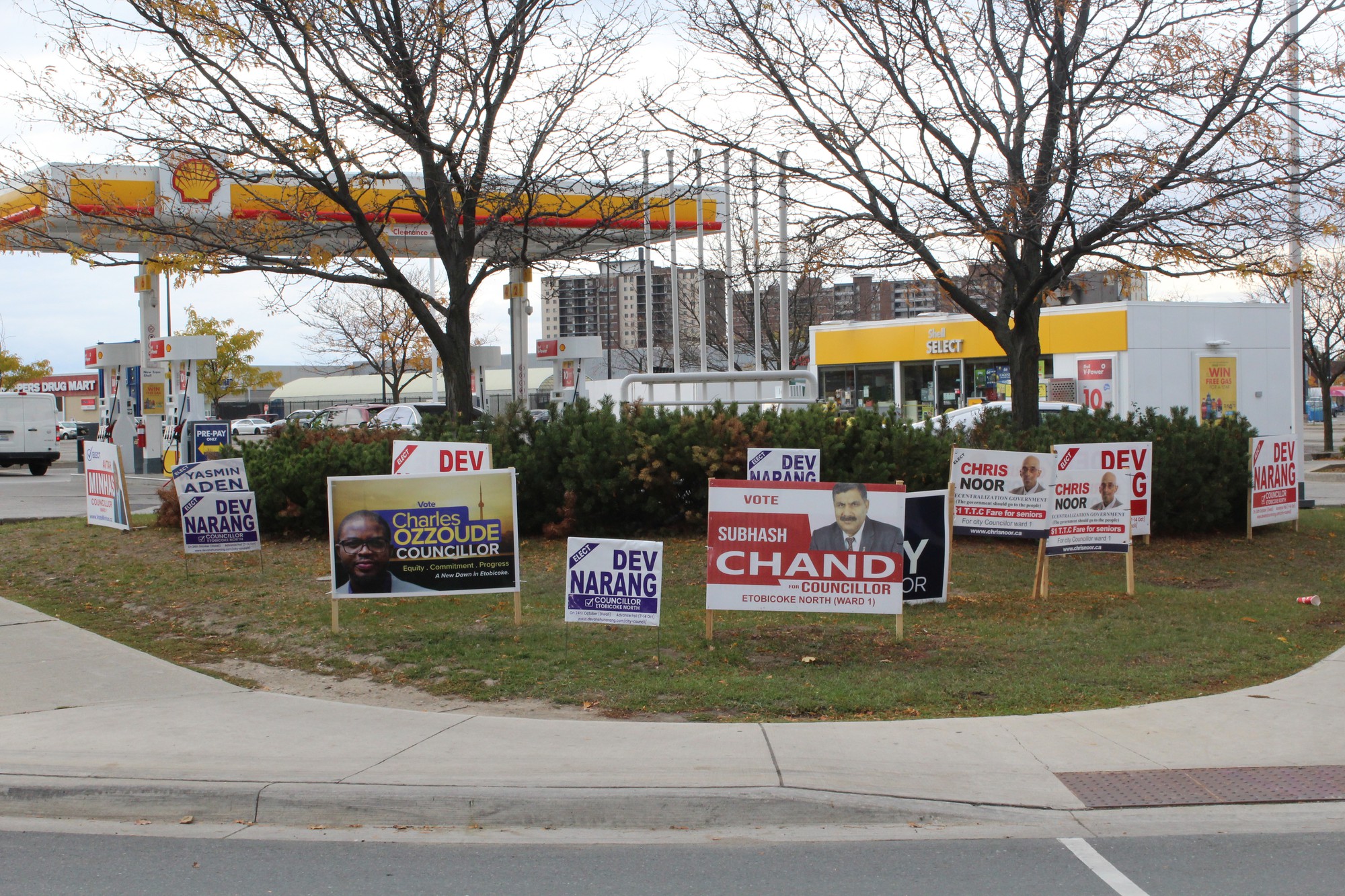Mayoral candidate Sarah Climenhaga intends to be a mayor who will bring students into the process of making decisions in Toronto.
“Students are a vital part of our city and I want them to not just vote, but get involved in designing their city so they get what they want from it,” Climenhaga said.
“I want to work with students to get more housing options for them, to drop mandatory fares for TTC, and to integrate the environment in all of our city decisions.”
Toronto’s next municipal election will be held on Monday, Oct. 24 where Climenhaga is among 31 candidates looking to replace current Mayor John Tory, who is running for his third term.
There are more than 1.89 million eligible voters in Toronto who will vote to elect one mayor, 25 councillors and 39 school board trustees from four different school boards.
Voting will take place at 1,460 voting stations across the city. One councillor is voted in each of the city’s 25 wards.
Climenhaga looks to drop bylaws that prohibit alcohol in parks, permit systems that inhibit spontaneous art and music in the streets and establish clear, high and well-enforced standards in the city to protect parks, land, water and people.
She also wants the municipal government to support freedom of choice when it comes to individual medical decisions.
Municipal governments are responsible for many services that affect their residents daily, including maintaining and managing roads, water, sewage, public transit, waste, land use planning, emergency services, libraries, parks, economic development, and animal control.
“There is a massive drain of public money through unaccountable and ineffective developer tax breaks,” mayoral candidate Robert Hatton said.
“You are witness to a lack of leadership on local services, affordable housing, transit, climate change, even Ontario Place,” he said.
Mayoral candidate Darren Atkinson is looking to restructure city services to be less of a financial burden on residents.
“We need to rebuild the core services of Toronto together in a fiscally sound way so that everyday life is just not about financial survival,” he said.
To be eligible to vote in the election, a person must be a Canadian citizen, at least 18 years of age, and a resident of Toronto.
People who are non-residents of Toronto can vote if they or their spouse owns or rents property within the city. Students studying in the city but not living in Toronto full-time are also eligible.
Identification is required when voting. People must provide a piece of ID showing their name and Toronto address. V voter information will not be accepted as ID. Voters unable to physically attend a poll can call 311 for curbside voting.
Visit the city’s website My Vote for more information, including polling station locations, voter lists and candidate lists for each ward.

